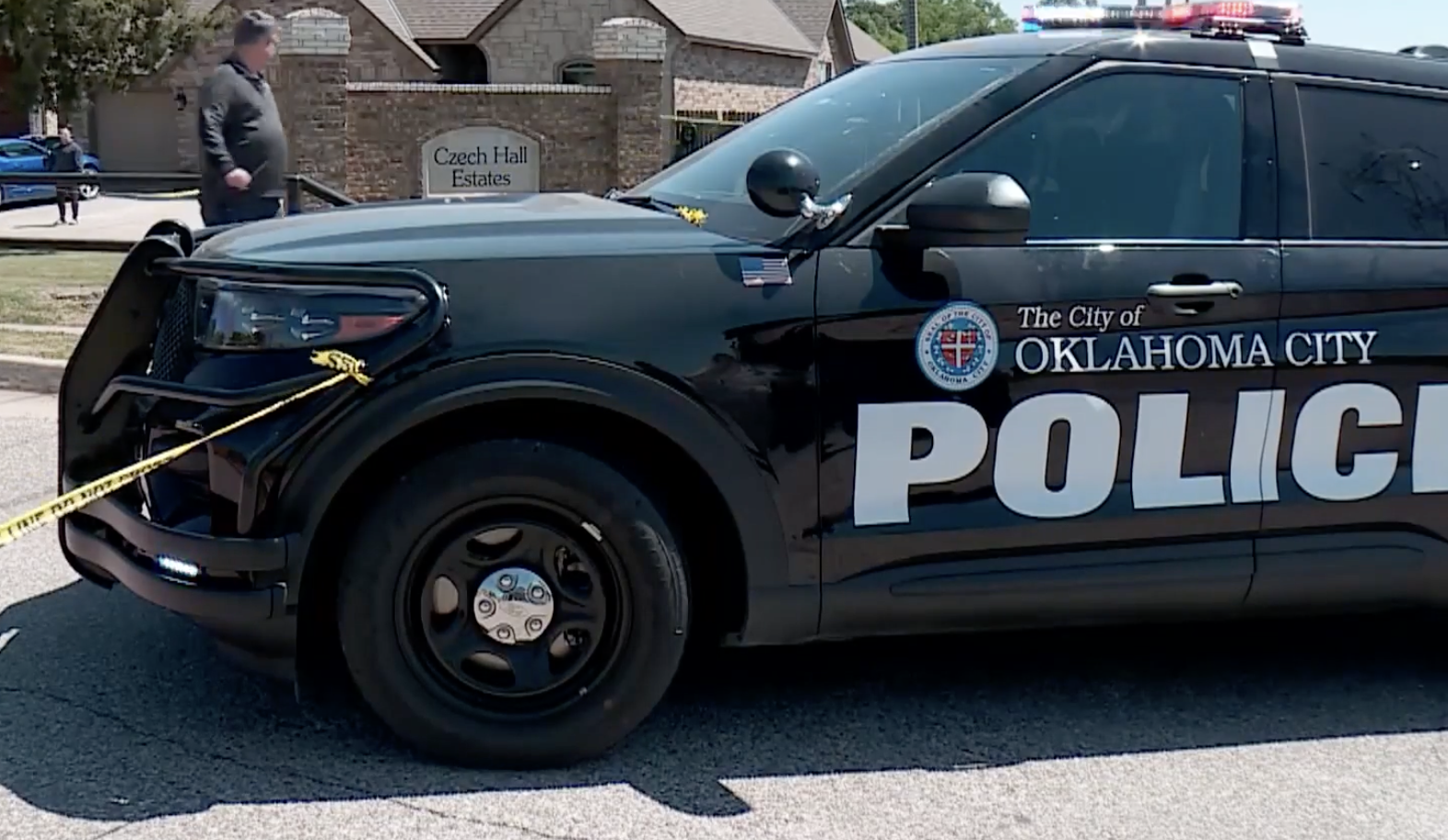San Antonio Mayor Julian Castro, a rising star in the Democrats' firmament, cast the presidential election during his convention keynote address as a choice between an incumbent who will fight for the middle class and a challenger who will not.
Castro, 37, made history on Tuesday night becoming the first Hispanic to deliver the keynote address at the Democratic National Convention. Stepping into the national spotlight, he endorsed President Barack Obama and mocked his Republican challenger, Mitt Romney, saying he was out of touch with the middle class.
"It's a choice between a country where the middle class pays more so that millionaires can pay less or a country where everybody pays their fair share, so we can reduce the deficit and create the jobs of the future," Castro said. "It's a choice between a nation that slashes funding for our schools and guts Pell grants or a nation that invests more in education."
For full coverage of the 2012 election visit NBCNews.com.
Castro portrayed Romney as a wealthy man who doesn't understand average Americans. The mayor sought to reinforce that message by telling the story of his own upbringing in a modest home led by a single mother and self-educated, immigrant grandmother.
"A few months ago [Romney] visited a university in Ohio and gave the students there a little entrepreneurial advice," Castro said. "'Start a business,' he said. But how? 'Borrow money if you have to from your parents,' he told them."
"Gee, why didn't I think of that?" Castro asked, drawing laughter from his party's faithful in Charlotte.
U.S. & World
Castro also taunted Romney for his shifting positions on issues like abortion rights and gay marriage.
"Gov. Romney has undergone an extreme makeover, and it ain't pretty," Castro said.
The Romney campaign shot back at Castro's claim the GOP presidential nominee is insensitive to the middle class. "Middle class families understand that they are not better off than they were four years ago because President Obama's liberal policies have failed to turn around the economy," Romney spokesman Ryan Williams said.
Leading up to Tuesday night's speech, Castro had enjoyed a spate of favorable media profiles, a landslide re-election last year and speculation about whether he will become the governor of Texas or even the country's first Hispanic president. But to most Americans, he was largely unknown.
Castro was introduced onstage by his brother Joaquin, a Texas state legislator from San Antonio now fighting to win election to Congress in November.
"My family's story isn't special. What's special is the America that makes our story possible," Julian Castro said. "Ours is a nation like no other, a place where great journeys can be made in a single generation. No matter who you are or where you come from, the path is always forward."
Visit NBCNews.com for breaking news, world news, and news about the economy
Some would say the mayor has had a swift ascent. But his mother, whose own political activism on behalf of Hispanics when her boys were young drew hate mail and, she says, the attention of the Justice Department, knows her sons' rise is evidence of Hispanics' growing and long overdue political power.
"They called us militant, but our way of doing things was through political ends," Rosie Castro said of her fight for Mexican-American rights in the 1970s. "Not through guns, not through overthrowing the government, but through the political process."
Now 65, Rosie Castro is the protagonist of the family story the mayor told the national audience. A civil rights activist and single parent from the time the twins were 8, she dragged the boys to rallies and often argued politics with them.
Julian Castro said he knows his mother's generation faced different burdens than the Hispanics he's trying to connect with today, and he credits her civil rights work with laying the ground work for his political success.
"My mother fought hard for civil rights so that instead of a mop, I could hold this microphone," he said Tuesday night.
Rosie Castro made a failed run for San Antonio city council when she was 23 but quickly found her calling as a political organizer in Texas' Mexican-American community in the 1970s. She didn't reap the fanfare enjoyed by her sons.
Visit NBCNews.com for breaking news, world news, and news about the economy
On the eve of his keynote speech, Julian Castro told reporters in Charlotte that he hopes his life's story will inspire younger Hispanics.
"As my family story shows, Latinos have been a blessing for USA for many generations," Castro said. "The future of America depends in part on the success of the Latino community, and this opportunity is just one more signifier of that."



